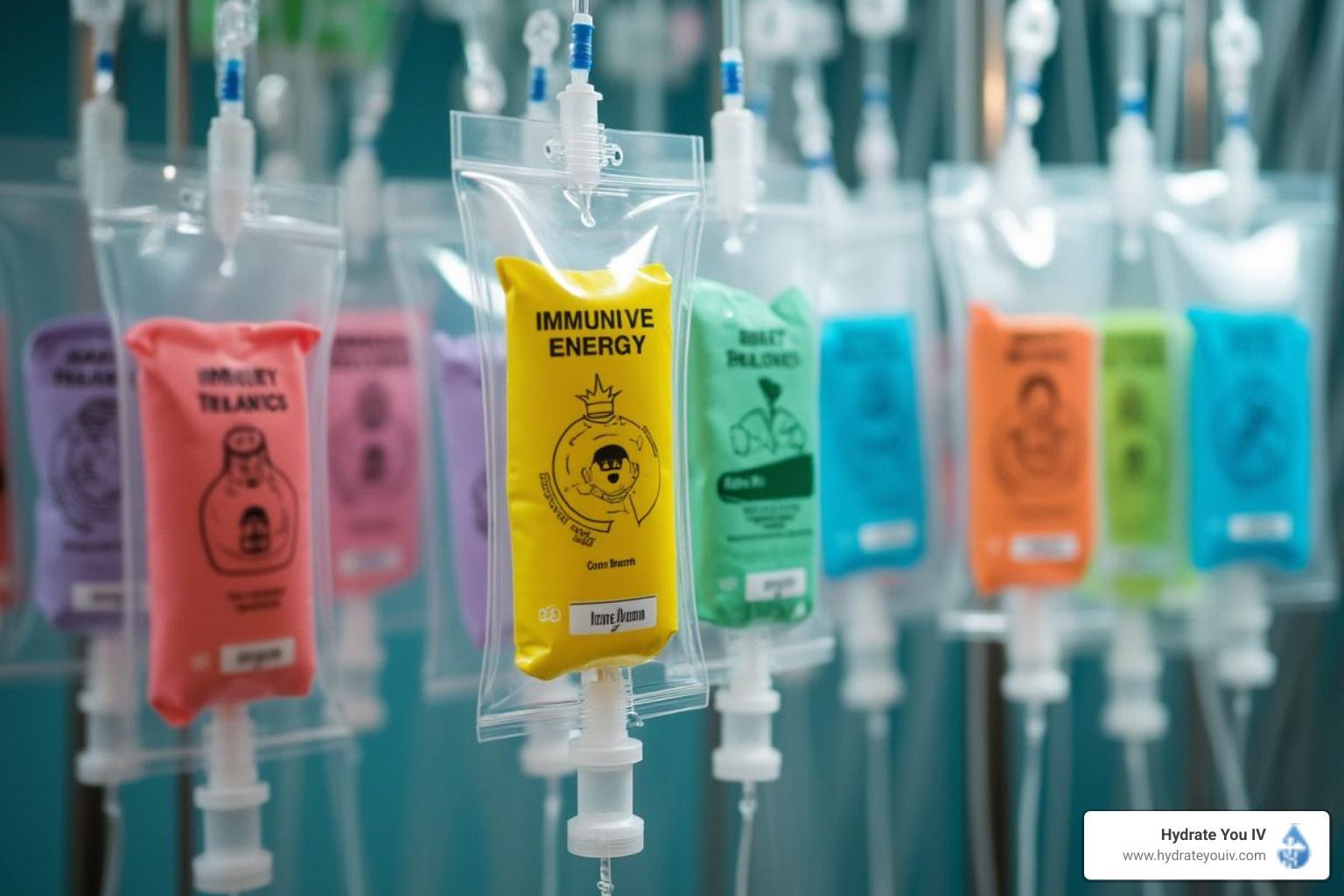Essential Nutrients for Heart Health and Longevity
Essential Nutrients for Heart Health and Longevity

Heart health is crucial not only for a longer life but also for maintaining a good quality of life. Understanding the various factors that impact heart health can empower individuals to make informed dietary choices that significantly contribute to longevity.
Understanding the Importance of Heart Health
The heart is often referred to as the engine of the body. It pumps blood, delivering oxygen and nutrients to every cell, and removing waste products. A healthy heart ensures that all body systems function seamlessly. Therefore, prioritizing heart health is fundamental.
The Role of the Heart in the Human Body
The heart consists of four chambers and works tirelessly throughout a person's life, averaging around 100,000 beats per day. It plays a central role in the circulatory system, which transports blood throughout the body. This process is essential for regulating body temperature, pH levels, and fluid balance. Additionally, the heart's rhythm is influenced by various factors, including physical activity, stress, and hormonal changes, which underscores the importance of maintaining a balanced lifestyle to support its function.
Moreover, the heart is intricately connected to the body's overall health. For instance, the heart's ability to pump efficiently can be affected by lifestyle choices such as diet, exercise, and smoking. Engaging in regular physical activity not only strengthens the heart muscle but also improves circulation and reduces the risk of developing cardiovascular diseases. Understanding how these factors interplay can empower individuals to make informed choices that promote heart health.
Common Heart Diseases and Their Impact on Longevity
Heart disease remains the leading cause of death globally. Conditions such as coronary artery disease, heart failure, and arrhythmias can severely impact an individual's lifespan. Understanding these diseases and their symptoms can help in prevention and early detection, ultimately enhancing longevity. For instance, coronary artery disease, which is characterized by the narrowing of the arteries due to plaque buildup, can lead to chest pain and heart attacks if not managed properly.
Furthermore, risk factors such as high blood pressure, high cholesterol, diabetes, and obesity significantly contribute to the development of heart disease. Regular check-ups and screenings can help identify these risk factors early on. Lifestyle modifications, including a heart-healthy diet rich in fruits, vegetables, whole grains, and lean proteins, alongside regular exercise, can dramatically reduce the risk of heart disease. Education and awareness about these factors are crucial in fostering a proactive approach to heart health, allowing individuals to take charge of their well-being.
The Connection Between Nutrition and Heart Health
Nutrition is a cornerstone of heart health. The foods we consume can directly influence the condition of our heart, our cholesterol levels, and our blood pressure.
How Nutrients Influence Heart Function
Various nutrients impact heart health in different ways. For instance, fats can either be beneficial or harmful based on their types—saturated and trans fats can lead to increased cholesterol levels, while unsaturated fats can promote heart health. Similarly, vitamins and minerals contribute to heart function by reducing inflammation and enhancing blood flow. Omega-3 fatty acids, found in fatty fish like salmon and walnuts, are particularly noteworthy for their heart-protective properties, as they can lower triglyceride levels and reduce the risk of arrhythmias. Additionally, antioxidants such as vitamins C and E play a crucial role in combating oxidative stress, which is linked to the development of heart disease.
The Dangers of Poor Nutrition for Heart Health
A diet high in processed foods, sugar, and unhealthy fats can lead to increased risks of heart disease. Over time, these dietary choices can result in obesity, high blood pressure, and elevated cholesterol levels, all of which strain the cardiovascular system. Furthermore, excessive sodium intake is a significant contributor to hypertension, making it essential to monitor salt consumption. The hidden sugars in many processed foods can also contribute to insulin resistance, a precursor to type 2 diabetes, which is another risk factor for heart disease. Understanding food labels and making informed choices can empower individuals to take control of their heart health, steering them away from harmful dietary patterns and towards a more balanced approach that includes whole grains, fruits, vegetables, and lean proteins.
Essential Nutrients for Optimal Heart Health
Incorporating specific nutrients into your diet can significantly enhance heart health. Here are some of the most vital ones:
The Role of Omega-3 Fatty Acids
Omega-3 fatty acids are polyunsaturated fats that play a vital role in heart health. They can reduce inflammation, lower triglycerides, and decrease the risk of arrhythmias. Sources of omega-3s include fatty fish like salmon, walnuts, flaxseeds, and chia seeds.
The Importance of Dietary Fiber
Fiber is essential for maintaining a healthy digestive system and significantly contributes to heart health. It can help lower cholesterol levels and improve blood sugar control. Foods rich in fiber include whole grains, fruits, vegetables, and legumes.
The Benefits of Antioxidants for the Heart
Antioxidants combat oxidative stress and inflammation, both of which are linked to heart disease. Foods high in antioxidants include berries, dark chocolate, nuts, and green leafy vegetables. Incorporating these foods can help protect the heart from damage.
Incorporating Heart-Healthy Nutrients into Your Diet
Making simple changes in your daily eating habits can significantly improve your heart health over time. Here are some helpful strategies.
Meal Planning for Heart Health
Planning meals in advance allows you to make healthier choices rather than succumbing to the convenience of processed foods. Aim to create balanced meals incorporating a variety of nutrients. Consider preparing a week’s worth of meals that include healthy fats, lean proteins, and plenty of vegetables.
Nutrient-Rich Foods for a Healthy Heart
- Fatty Fish: Salmon, mackerel, and sardines are high in omega-3 fatty acids.
- Whole Grains: Oats, quinoa, and brown rice are excellent fiber sources.
- Fruits and Vegetables: Aim for a colorful variety to maximize antioxidant intake.
- Nuts and Seeds: Choose unsalted varieties for a heart-healthy snack.
The Long-Term Benefits of a Heart-Healthy Diet
Adopting heart-healthy dietary practices brings numerous long-term benefits, not only for the heart but for overall well-being.
How Nutrition Contributes to Longevity
A diet that supports heart health can lead to a longer, healthier life. Research indicates that individuals who maintain a heart-healthy diet experience reduced risks of chronic diseases, improved mental health, and increased vitality as they age.
The Impact of a Heart-Healthy Diet on Overall Well-being
Choosing nutrient-rich foods enhances physical fitness and may also boost mood and cognitive function. A heart-healthy diet contributes to a sense of well-being, allowing individuals to enjoy daily life fully. In summary, prioritizing nutrition is a powerful step toward achieving longevity and optimal health.











